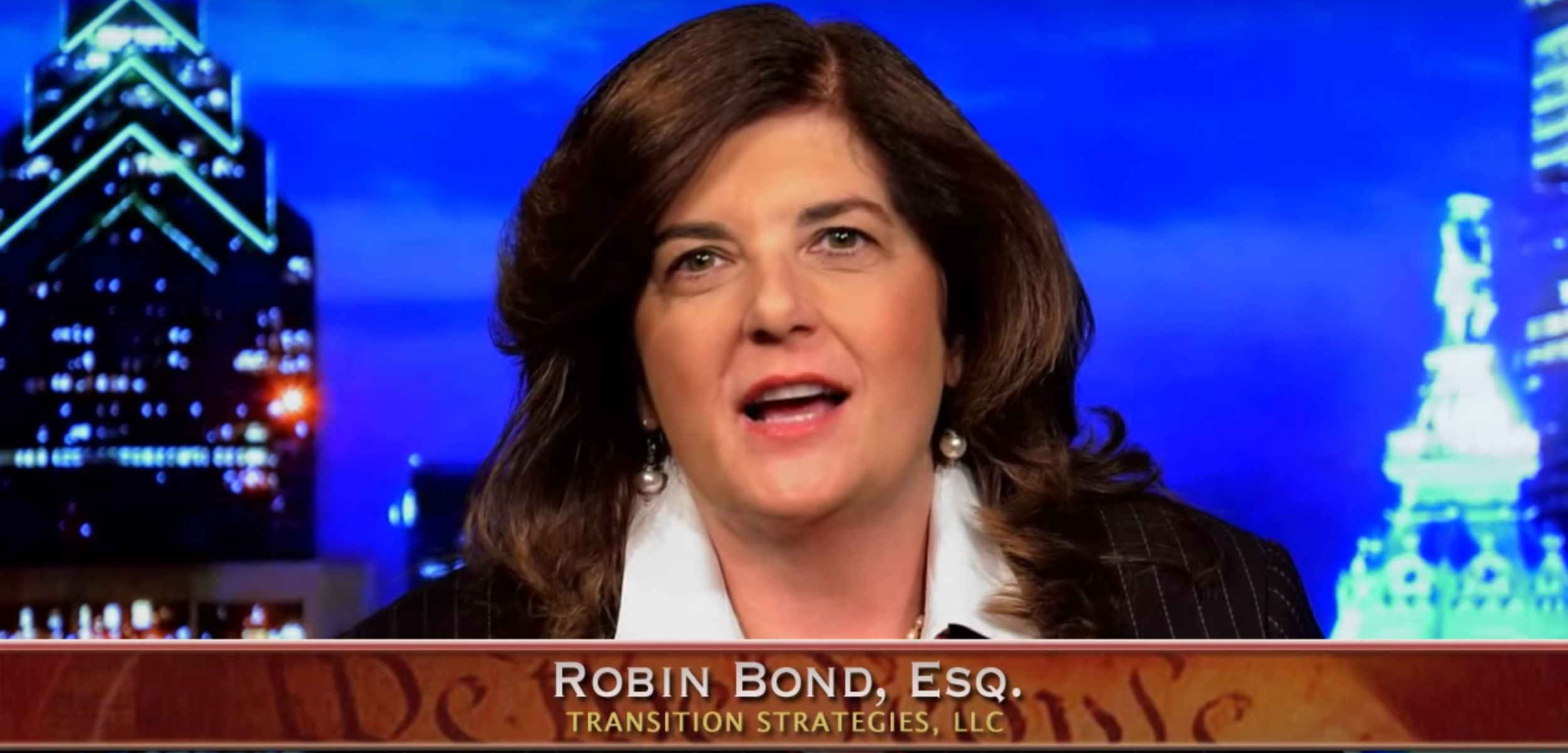Tesla Worker Awarded $137 Million for Racial Discrimination Claim
Research from the Society for Human Resource Management (SHRM) has found that disparate treatment based upon race is often perpetrated by supervisors, managers and senior leaders who fail to stop it. SHRM research shows that racial bias in the workplace is annually costing U.S. businesses $54.1 billion in increased absenteeism, $58.7 billion in lost productivity and $171.9 billion in. Even employees who don't directly experience bias can be negatively affected just by observing others being treated unfairly.
In a recent stunningly large damage award, a California jury awarded $137 million to an African American former elevator operator who claimed that Tesla ignored racial epithets and graffiti and created a hostile work environment during the 2015-2016 timeframe when he worked there as a contract employee from a staffing agency. The man claimed that he was forced to quit because he was subjected to "daily racist epithets," including the N-word, as well as swastika drawings and other racist graffiti at a Tesla plant in the San Francisco Bay Area. Of this award, the jury attributed $6.9 million for emotional distress and $130 million in punitive damages.
The plaintiff in this case brought his racial harassment claim under 42 U.S.C. 1981, which was originally part of the Civil Rights Act of 1866 and is called a Section 1981 claim. Unlike claims brought under Title VII of the Civil Rights Act of 1964, Section 1981 only covers claims of intentional discrimination based on race. Whereas Title VII limits compensatory and punitive damages to $300,000 for large employers, Section 1981 doesn't have a cap on damages.
Tesla's market value is about $700+billion, which makes it the most valuable automaker in the world and may explain why the punitive damage award was so high. Tesla has not said whether it will appeal the verdict and damage award.

